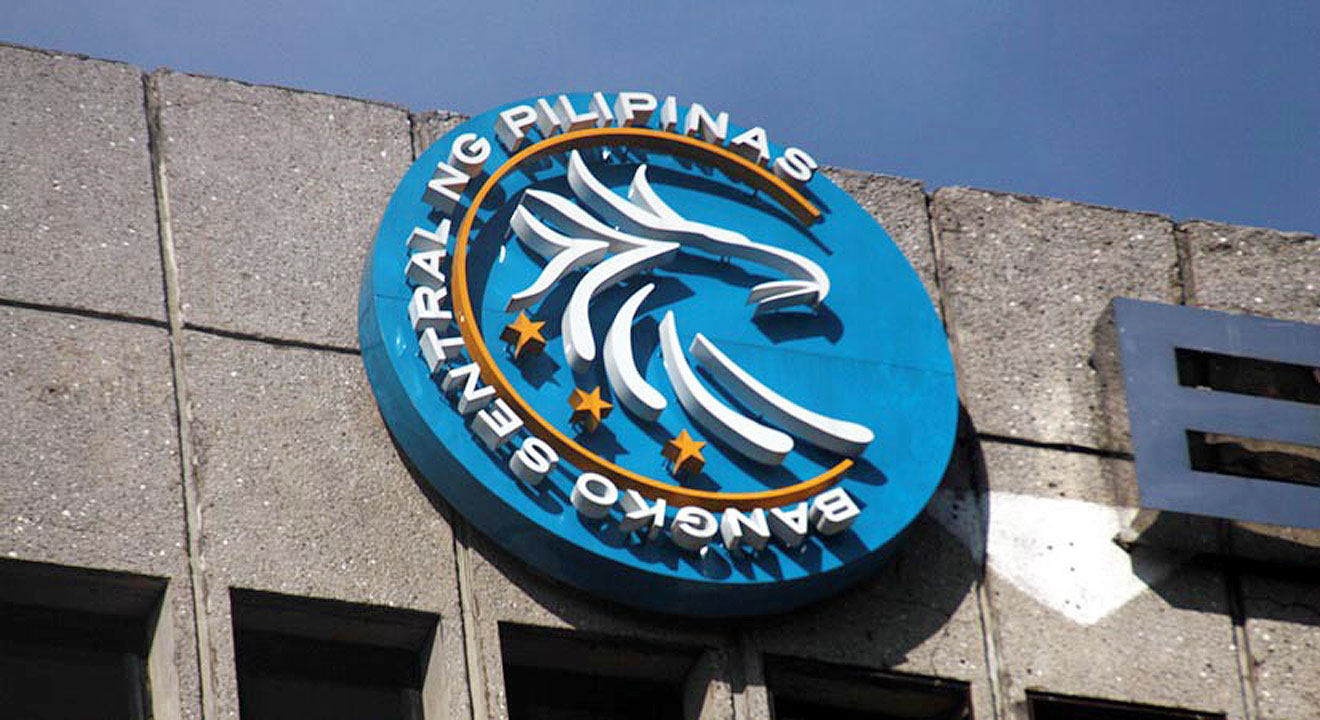‘Hot money’ flows turn net positive in 2022

FOREIGN portolio investment funds entering the Philippines outweighed those exiting in 2022, the Bangko Sentral ng Pilipinas (BSP) said on Thursday, representing a turnaround from the net outflow posted in 2021.
Foreign portfolio investments registered with the central bank through authorized agent banks (AABs) posted a net inflow balance of $886.7 million last year, against the net outflow of $574.46 million in 2021.
Foreign portfolio investment is known as “hot money” because of the ease with which they can enter or exit a jurisdiction, as opposed to foreign direct investment, which is considered stickier and less fickle.
The net inflow was the largest since the $1.2 billion posted in 2018. However, it missed the BSP target of $3.5 billion for 2022.
“Hot money inflows were supported by the better economic outlook at the end of last year,” China Banking Corp. Chief Economist Domini S. Velasquez said in a Viber message.
“(Easing) inflation in the US led to expectations of smaller rate hikes in 2023, providing a much-needed boost to the US equities market,” she said.
She also noted that Philippine Stock Exchange (PSE)-listed securities registered gains following corresponding international market movements.
The US consumer price index (CPI) slipped 0.1 percentage point month on month in December, the first decline since May 2020 and following a 0.1 percentage point rise in November. Year on year, the CPI rose 6.5%, easing from the 7.1% posted in November.
The Federal Reserve raised borrowing costs by 425 basis points (bps) last year, which brought the Federal funds rate to 4.25-4.5%. The Fed will hold its first policy review for this year between Jan. 31 and Feb. 1.
In December, the Philppine hot money balance was a $92.95 million net inflow, much lower than the $488.75 million inflow in November. A year earlier, hot money posted a $4.38 million net outflow.
Gross inflows in December amounted to $1.092 billion, down 17.9% year on year, but up 3.6% from November.
Over the full year, gross inflows declined 9.4% to $12.34 billion.
Gross outflows in December totaled $999.12 million, down 25.2% year on year and up 76.6% from November.
This brought the full-year gross outflow to $11.46 billion, down 19.2%.
Five countries accounted for 80.5% of short-term foreign investments in December — the UK, Singapore, US, Luxembourg, and the Netherlands.
Some 74% of their investments went to PSE-listed holding firms, telecommunications, banks, property companies, food producers, as well as beverage and tobacco makers. The remaining 26% was invested in government securities.
“Investors were possibly more bullish on emerging economies as the monetary tightening cycle is about to end for most economies. Risk-on sentiment was observed not just in the stock market but also in the foreign exchange market,” Ms. Velasquez said.
“The sudden reopening of China will be positive for hot money in 2023,” she added.
The BSP hiked its key policy rate by 350 bps to a 14-year high of 5.5% in 2022.
BSP Governor Felipe M. Medalla is looking at more rate increases in the first quarter to ensure that inflation falls within the 2-4% target by the second half.
Headline inflation rose to 8.1% in December from 8% in November, bringing average inflation in 2022 to 5.8%, the highest in 14 years.
The BSP expects hot money to post a $5 billion net inflow in 2023. — Keisha B. Ta-asan
